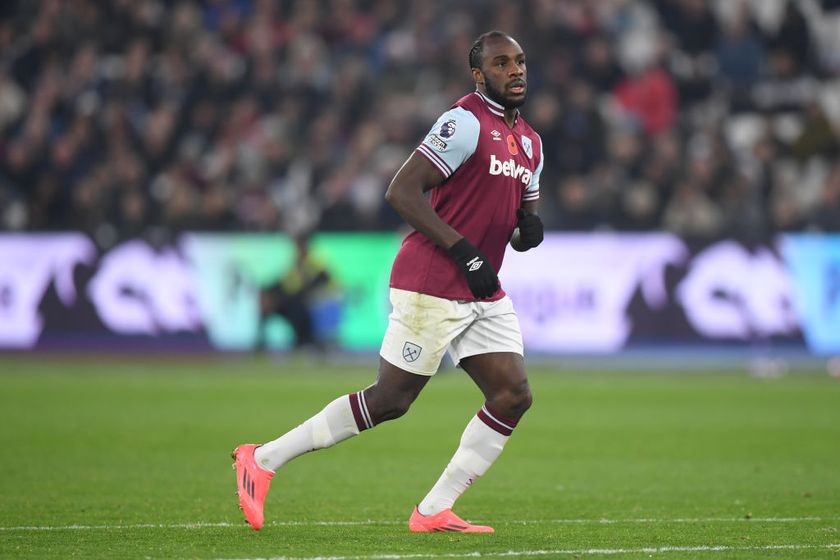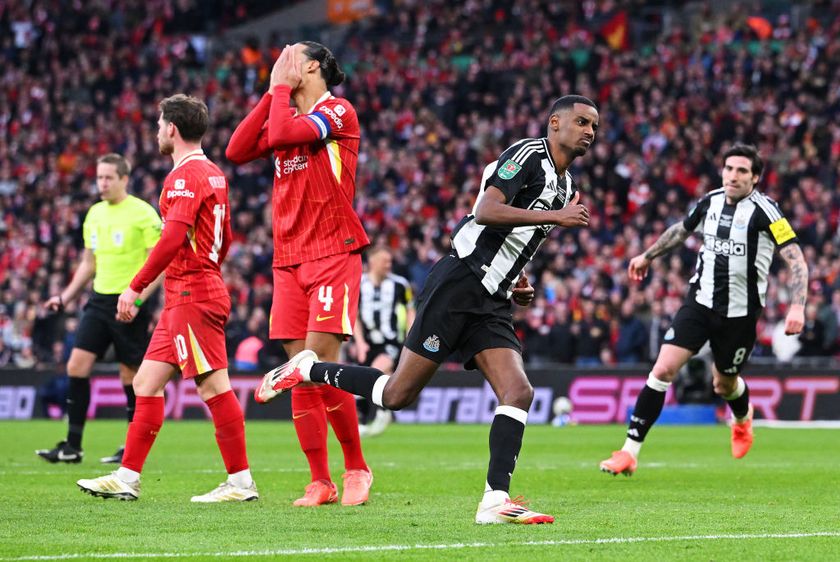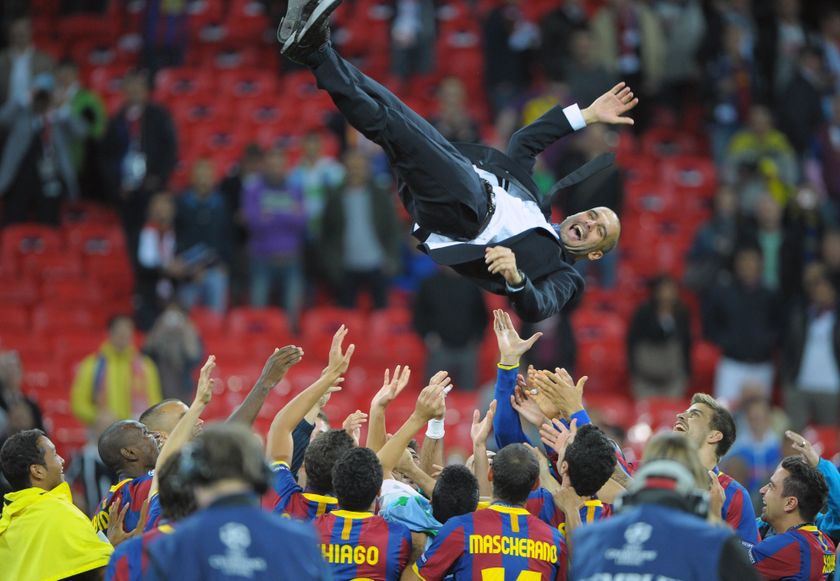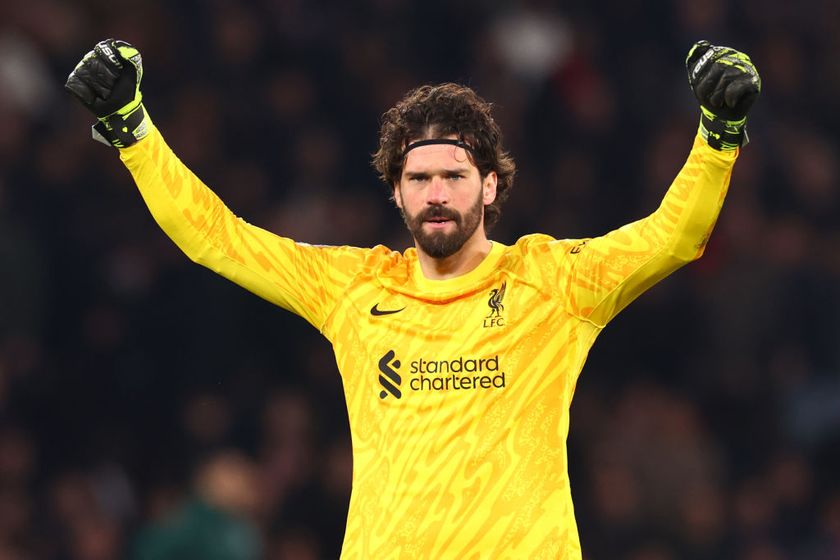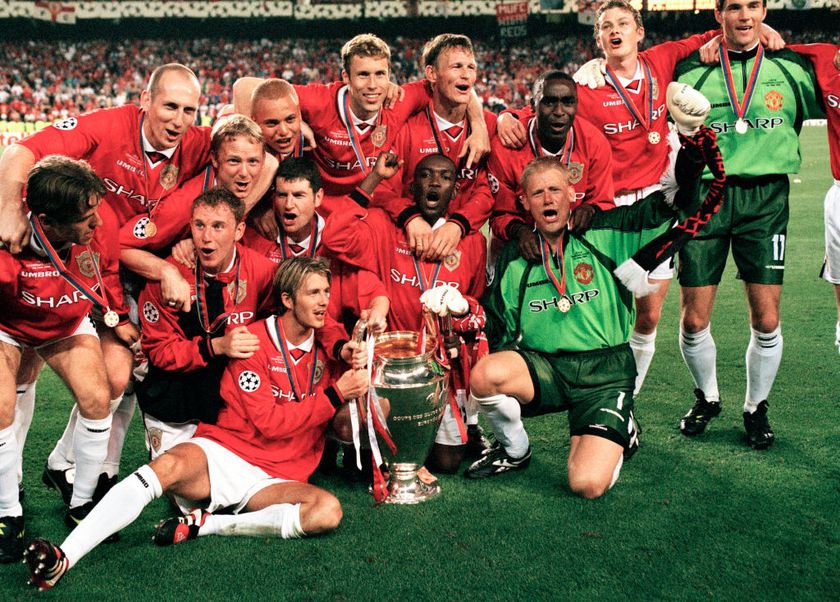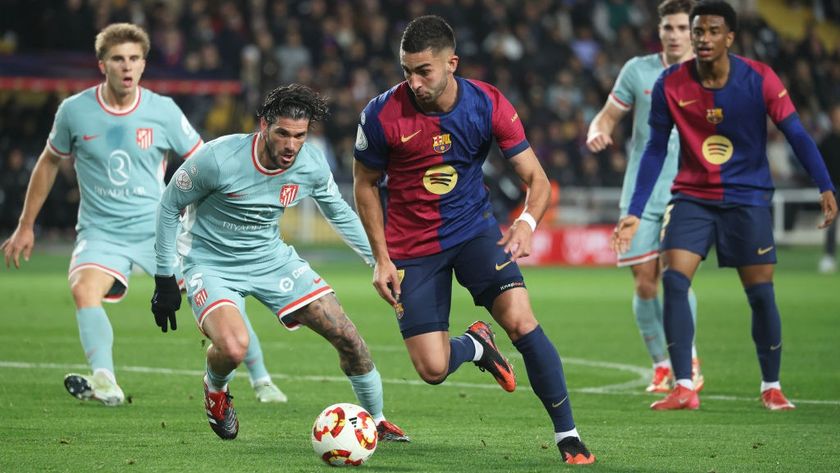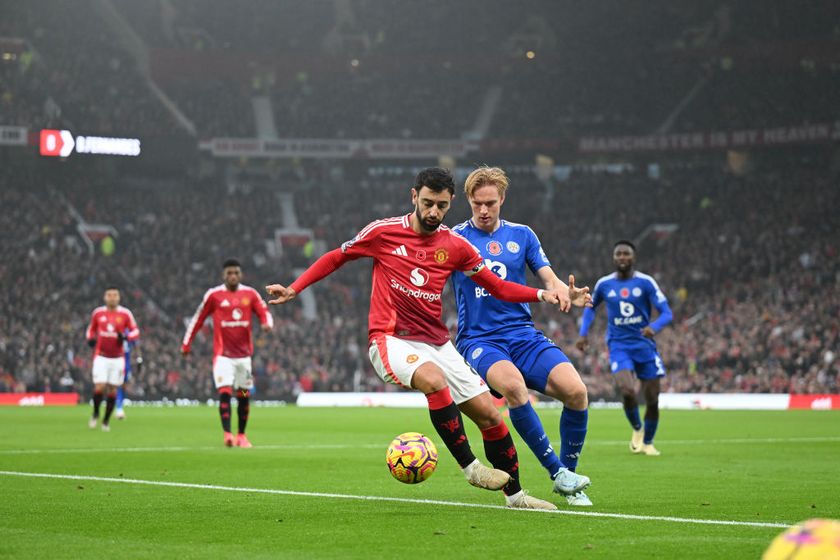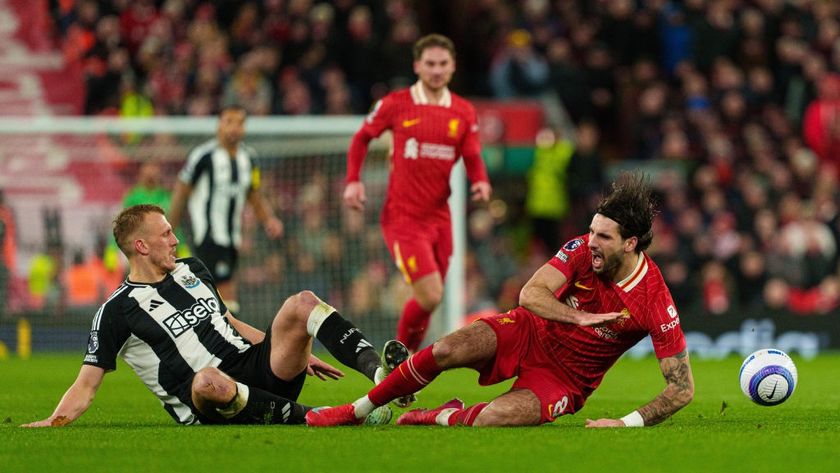Muted celebrations: Why Van Persie's code of conduct sets the standard
The trend for footballers refusing to celebrate goals against former clubs is nothing new, but it's now in danger of getting out of hand. Nick Harper assesses how we reached this sorry state, and wonders where the game goes from here...
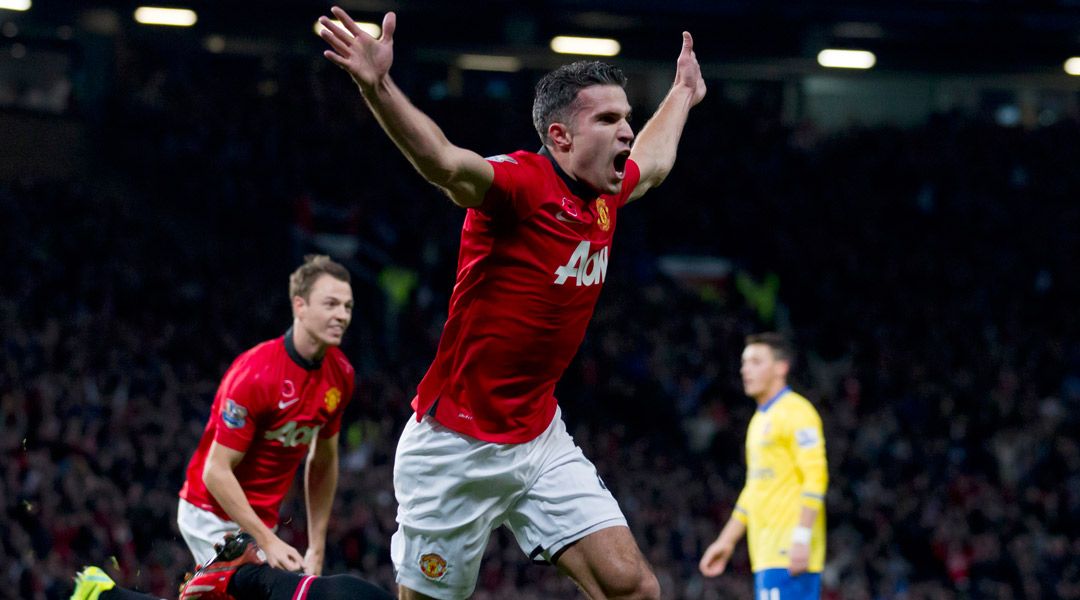
It all began with a backheel.
Back on the afternoon of April 27, 1974, in a crucial Manchester derby at Old Trafford, Manchester City striker Denis Law found himself standing in the opposition penalty area in the 81st minute. He noticed the ball approaching as he stood close to the six-yard goal, and with his back to goal his instincts kicked in. Law flicked out a heel, directing the ball past Alex Stepney in the United goal to score the only goal of the game.
Law should have been ecstatic, but he wasn't. As his delirious team-mates embraced him, he trudged slowly back to the centre circle in a state of confusion and dismay.
Having played 309 times and won the European Cup for United, he couldn't celebrate backheeling them into the Second Division – or so he thought, at least; United would have been relegated anyway. But he wasn't to know, and trudged back to the centre circle, alone in his gloom.
Get FourFourTwo Newsletter
The best features, fun and footballing quizzes, straight to your inbox every week.
"It's like hurting an old friend"
We mention this because, as you may well have noticed, the Lawman's guilt-trippin' goalscorer routine has become quite the fashion in British football – and beyond. Witness Jimmy Floyd Hasselbaink for Charlton at Chelsea, Gary McAllister for Liverpool against Coventry, Fernando Torres for Chelsea against Atlético, Cristiano Ronaldo for Real Madrid at Manchester United, and, the one which brought the #mutedcelebration hashtag into the world, Gareth Bale for Tottenham against Southampton. This is nothing new, of course, but it feels like this season the fashion has picked up pace.
In the course of a week just recently, Everton’s Romelu Lukaku decided not to celebrate after scoring against his former (loan) club West Brom. Mo Diame refused to celebrate his goal for Hull against West Ham. And most famously, Frank Lampard refused to celebrate scoring the late equaliser for Manchester City against Chelsea. "I’m a bit lost for words," stammered Frank afterwards. "I didn’t expect to come on and score."

Expanding the boundaries slightly, Palermo captain Fabrizio Miccoli couldn’t bring himself to celebrate netting against Lecce in 2011, for although he had never played for them, they were his hometown team. Instead of performing a celebratory cartwheel, he broke down in tears and had to be led from the field and substituted. "Lecce is my team and I hurt them," he wailed. "It is like hurting an old friend."
Expanding the boundaries still further, and taking it to a dangerous extreme, Norwich's Wes Hoolahan refused to celebrate a goal he scored against Aston Villa last March, even though it was a crucial goal in their battle against relegation.
His muted mope was not explained but rumour had it that after Villa had made an approach for him in the previous January’s transfer window, Hoolahan felt a warped sense of loyalty to them. Best show respect in case they come back in for him in the summer, he thought. But they never did. Because that's what it's all about: respect.
Panto season
"I didn't want to celebrate scoring out of respect to LFC," wrote Jonjo Shelvey, having bagged for Swansea against his former club Liverpool – but he needn't have bothered. "I honestly don't think any fan cares if a former player celebrates when they score a goal against them," says Andrew Mangan, of Arsenal's Arseblog. "At the end of the day, they are professional athletes doing a job for their team. The bigger issue is that a goal has been scored against us; it really doesn't matter who scored it."
This weekend could test that particular claim, of course, as Cesc Fabregas is likely to face Arsenal as a Chelsea player for the first time since leaving them in 2011. Do the fans expect a higher level of decorum from the player who served them with such distinction? "Not really," shrugs Mangan. "It won't bother me if Cesc scores and celebrates, just as I won't feel any sense of gratitude if he scores and doesn't celebrate. My opinion on him won't change either way. It's just a piece of the pantomime that, ultimately, means nothing."
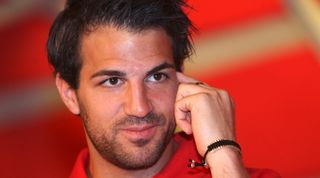
And therein lies the rub. With too many players it is little more than pantomime posturing. Law had a genuine reason to navel-gaze, as did Lampard, albeit to a lesser extent. As did Aaron Ramsey, the Cardiff-born, Cardiff-supporting, former Cardiff City footballer who scored twice against them last season for Arsenal. His non-celebration seemed somehow admirable, a smack in the face for those claiming footballers have lost touch with us paying proles. So he can be excused.
But what are we to make of Shaun Wright-Phillips, for example, for refusing to celebrate when scoring for QPR against Chelsea? Or Adam Johnson for Sunderland against Manchester City? Or Danny Graham for Hull against Swansea? None of these makes any sense at all.
"There are some players who are being perhaps a little insincere when they refuse to celebrate a goal," confirms Andy Barton, a performance consultant at The Sporting Mind. "As a general rule, the players who appear too hyped up and play as if they are trying to prove something are usually the players whose sincerity when they score is maybe not completely genuine."

We could keep blaming Law for all of this, but it's more likely the fault of social media and the fear that if a player fails to show sufficient respect to a former club, he'll face an almighty Twitstorm of abuse. "I think the problem is more down to the press trying to make issues where there are no issues," says Chelsea blogger Andy Seaby, of chelseadaft.org. "Being honest, it wasn't much fun watching Frank Lampard score against us for another club but that didn't affect what he did for us or his standing he has with the supporters. Ideally, Frank would have scored his goal but we'd have won 2-1, and then we wouldn't be having this conversation."
Was Lampard's reaction genuine? After all, he had been pushed out at Stamford Bridge last summer. "His reaction was clearly very genuine," says Andy Barton. "But the paradox there is that he may have actually been more clinical in front of goal in that game because his fear of failure is likely to have been less than if he was playing against a team he really wanted to score against. When a player isn't worried about missing he can focus more on the process of scoring rather than the consequences of making a mistake."
The Robin Ruling
The good news is that because many footballers are fickle, fashion-following imbeciles, this fad should soon burn out. But what if it doesn't? What if it only grows stronger and becomes the default setting for every goal celebration up and down the land from this day forth? What if footballers fear they have to show respect or face the wrath of someone, somewhere, who somehow takes offence at something or other? What then?
Well, FFT is not in charge of football but we do have a suggestion that just might work, one inspired by one of football's finest goalscorers. Rewind back to 2012 and the afternoon Robin van Persie first faced Arsenal after his move to Manchester United. Having inevitably scored, just three minutes in, the Dutchman assumed the position of hands up and head down out of respect to his former club.
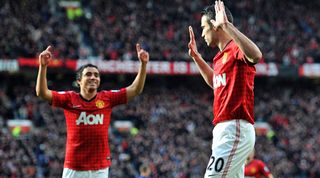
But when he faced the Gunners again the following season, inevitably scoring again, he celebrated like a man possessed. Now we're really just guessing here but we'd say that having shown respect for a season, Van Persie felt he was free to celebrate however he fancied from the next season forth.
And so, whether by design or by accident, the Dutchman had created a code of conduct for the way footballers should react when facing and scoring against former clubs. The first season, show some respect – on a sliding scale based on the number of years service with that club. After that, it's open season and an excessive celebration is not only expected but also mandatory.
Failure to comply with this rule should be punishable by an instant transfer back to the club the player clearly loves so much yet still chose to leave. That might teach them.

'He was at my foundation ball last Saturday and was drinking water all night because he had to leave early for the game on Monday' Alan Shearer on why Dan Burn deserves his England call-up
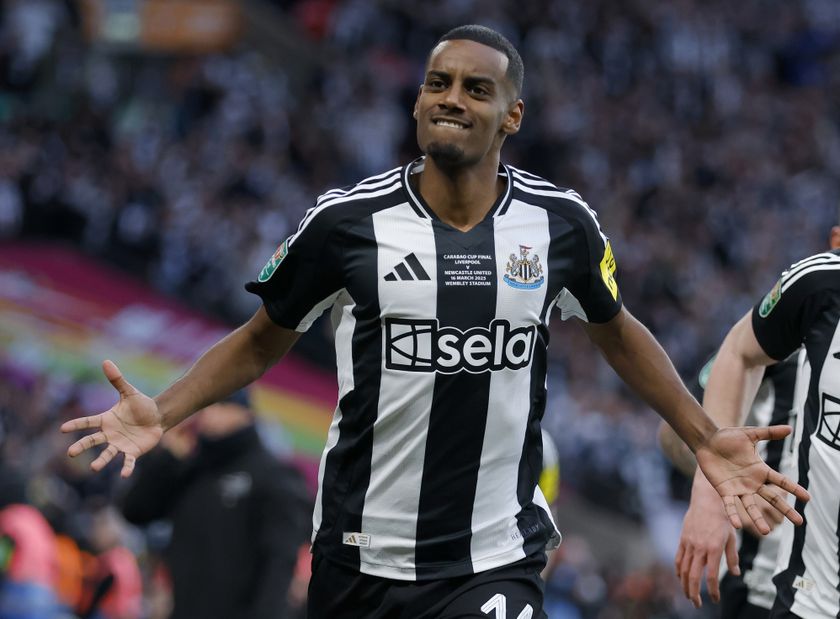
Liverpool's Alexander Isak stance outlined as Reds prepared to shake-up forward line: report
